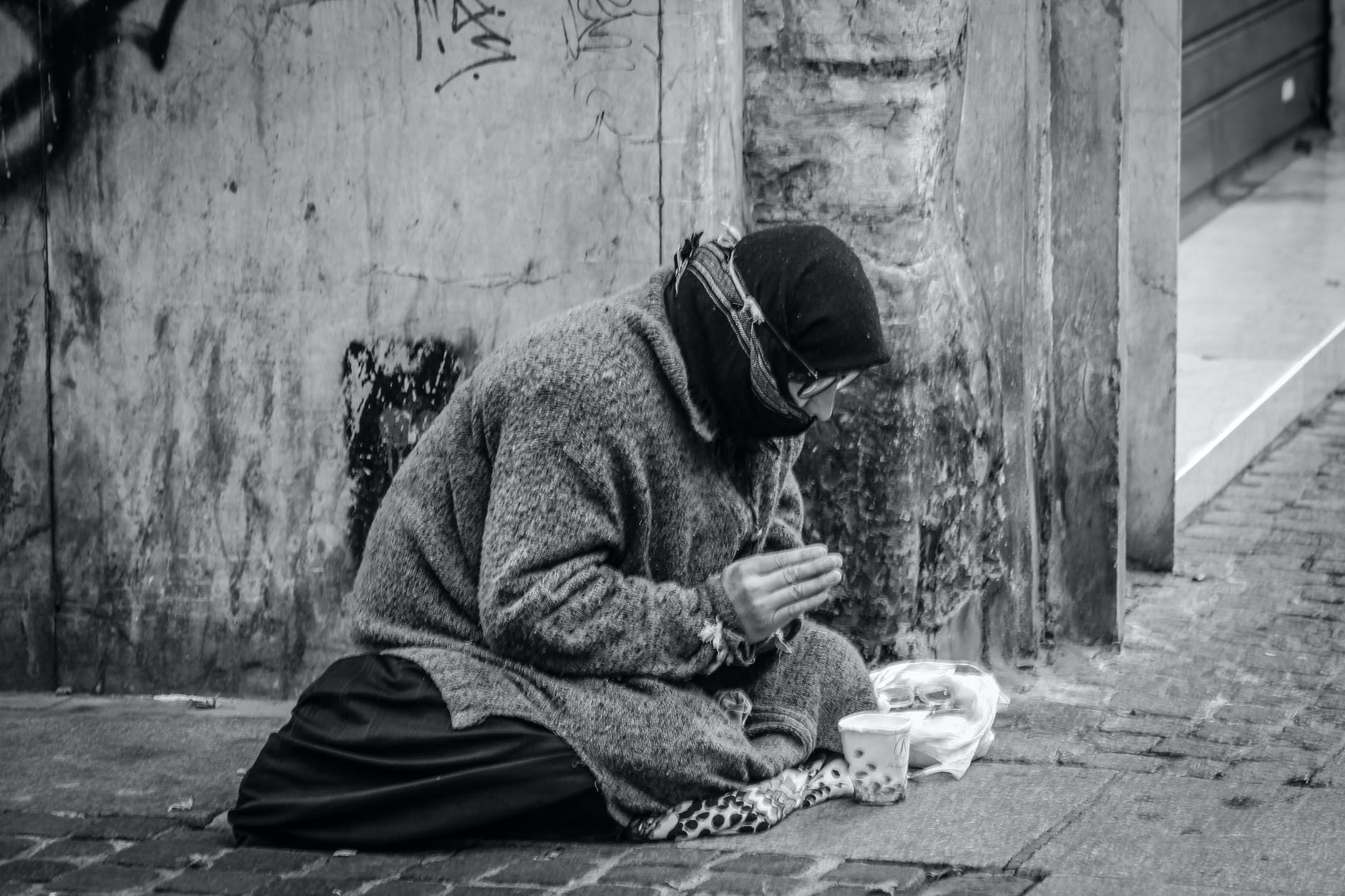I saw this Facebook post on my news feed the other day:
“Why, when Jesus talks about feeding the poor, it’s Christianity, but when a politician does it, it’s Socialism?”
This, in my view, is similar to saying the following phrases:
- “Why, when Jesus talks about following Him, it’s Christianity, but when a politician does it, it’s Religious Extremism?”
- “Why, when Jesus talks about giving to Caesar what is Caesar’s, it’s Christianity, but when a politician does it, it’s Extortion?”
- “Why, when Jesus talks about turning the other cheek, it’s Christianity, but when a politician does it, it’s Corruption?”
Hopefully we can look at all these phrases and detect the logical fallacies here.
Yes, Jesus talks about following Him as a Christian, giving to Caesar what is Caesar’s, turning the other cheek when mistreated, AND feeding the poor. As a Christian, I believe it my duty to obey Jesus’ commands – all of them.
However, invoking “a politician” to do these commands and assuming that it’s also government’s responsibility to do them gets us into some very complex situations. Let’s explore some of these:
1. Christianity & Human Governance Are Not The Same Things.
Yes, Israel was a special case in the history of human nations because it was directly ruled (at least for a time) by prophets claiming to be God’s human authority to the people. It also had a high priest who was supposed to intercede on the people’s behalf to God.
However, as Christians we believe that we are living in an Age of Grace before Jesus’ 2nd coming, when He returns to rule the nations.
Until that time, human governance cannot possibly live up to Jesus’ perfect rule (after all, He is God and we are not)!
Does that mean we should just throw up our hands in horror and not even try to have good governance? Definitely not.
But it does mean we don’t expect all human governments to follow (and enforce) Christian principles in the same way Christians do.
(Just like we don’t expect all people to become Christians!)
We strive to live in such a way that people will want to become Christians by our own example, but we also accept that people have the free will and choice to decide for themselves.
Because of this, the United States (which I believe is the closest example yet of a nation founded on Judeo-Christian principles) made clear that human governance was to respect the God-given rights of its citizens to life, liberty, and the pursuit of happiness.

These rights came from God, not from the government.
(You’ll notice that the “right to financial security,” “right to welfare” or the “right to escape poverty” is not on the original list.)
2. At Its Best, Human Governance Should Not Contradict Christian Principles. But Neither Should They Force Them On Non-Christians (or Christians).
So far we’ve established that Christian principles, or Christianity, and human governance aren’t the same things.
Now we can take a closer look at what government stances on “feeding the poor,” “following Jesus,” “giving to Caesar what is Caesar’s,” and “turning the other cheek” should be.
For example, Christians all agree we should follow Jesus.
But very few Christians today believe that politicians or governments should mandate forced conversions to Christianity, or penalize people for not believing in Christianity.
(I have yet to meet a single Christian who believes that.)

Likewise, Christians agree we should give to Caesar what is Caesar’s by paying taxes and not resist persecution because of our faith (turning the other cheek).
And yes, we should do our best to feed and care for the poor – while many Christians also believe that poverty will not be eliminated entirely from earth until Jesus returns.
(“You will always have the poor among you, but you will not always have me.” Matthew 26:11, NLT)
But now, think seriously for a moment about the government’s role in all of this.
What would we think of a government who forces us to pay taxes that are exorbitant?
(The Boston Tea Party comes to mind. Do Christians today believe the American colonists were un-Christian in their response to British tyranny?)
What would we think of a government that forces citizens to “turn the other cheek” when certain corruption in the government is uncovered, or social injustices go unpunished?
Finally, what would we think of a government who steals from the rich to pay for the poor…and eventually makes all of its citizens poor while enriching themselves through wealth redistribution and other such policies?
(I’m not saying that socialism “steals from the rich to pay for the poor,” though that can be a natural extension of socialist policies. If you want to learn more, I encourage you to read Dinesh D’Souza’s book, “The United States of Socialism.” Even if you end up disagreeing with his conclusions, I hope to hear a reasoned, logical explanation as to why.)
3. Does Socialism Really “Feed The Poor”?
So far I’ve outlined why human government policies should not always enforce Christian principles, simply because all people should be free to choose whether or not they want to be Christian, or live like Christians.

However, you may be thinking at this point, what’s so wrong about feeding the poor?
Shouldn’t that be something the government aspires to – not necessarily because it’s a Christian ideal, but because we should want to help people in poverty?
I agree, and here’s why outcomes are so important.
Just like Jesus said, we can discern who are “false prophets” who come as wolves disguised in sheep clothing, by checking the “fruit” they produce (Matthew 7:15-20).
So, what has the fruit of socialism produced? Has it really fed the poor?
It has been tried in every continent, across decades of human experience, from Venezuela to India and China, Madagascar to Germany and Russia, and many more.
(Many of these were under governments that did not endorse Christianity, or even actively persecuted Christians.)
These countries haven’t eliminated poverty.
In fact, many of them – most recently, Venezuela – saw a drastic increase in poverty since implementing socialist policies.
(If you’re interested in exploring this more, I highly recommend economist Thomas Sowell’s work on this. One recent example: Socialism for the Uninformed.)
In Closing…
As a Christian, I can and should care for the poor. But I stand against socialism and its premise that wealth should be redistributed by the government. I don’t see that position expounded anywhere in the Bible.
One clear role of government, as defined by Scripture, is to punish wrongdoers (Romans 13:4). But having wealth in and of itself is not doing wrong.

(Abraham, David, and Solomon were all wealthy people of God at one point – and Deuteronomy 8:18 says it is God Himself who gives us the power to gain wealth.)
Feel free to point out chapter and verse supporting your stance on socialism, and I’ll happily consider it – it’s possible I missed something!
Christians can, and should, give generously to charities and nonprofits of their own free will. But neither should they be required or forced to give up their wealth to others.
Because ultimately, the responsibility of caring for my neighbor and feeding the poor doesn’t rest with the government…it rests with me.
That’s actually a very sobering thought, and a weighty responsibility.
A responsibility that I’ll need to account for, in the presence of my risen Lord and Savior…


